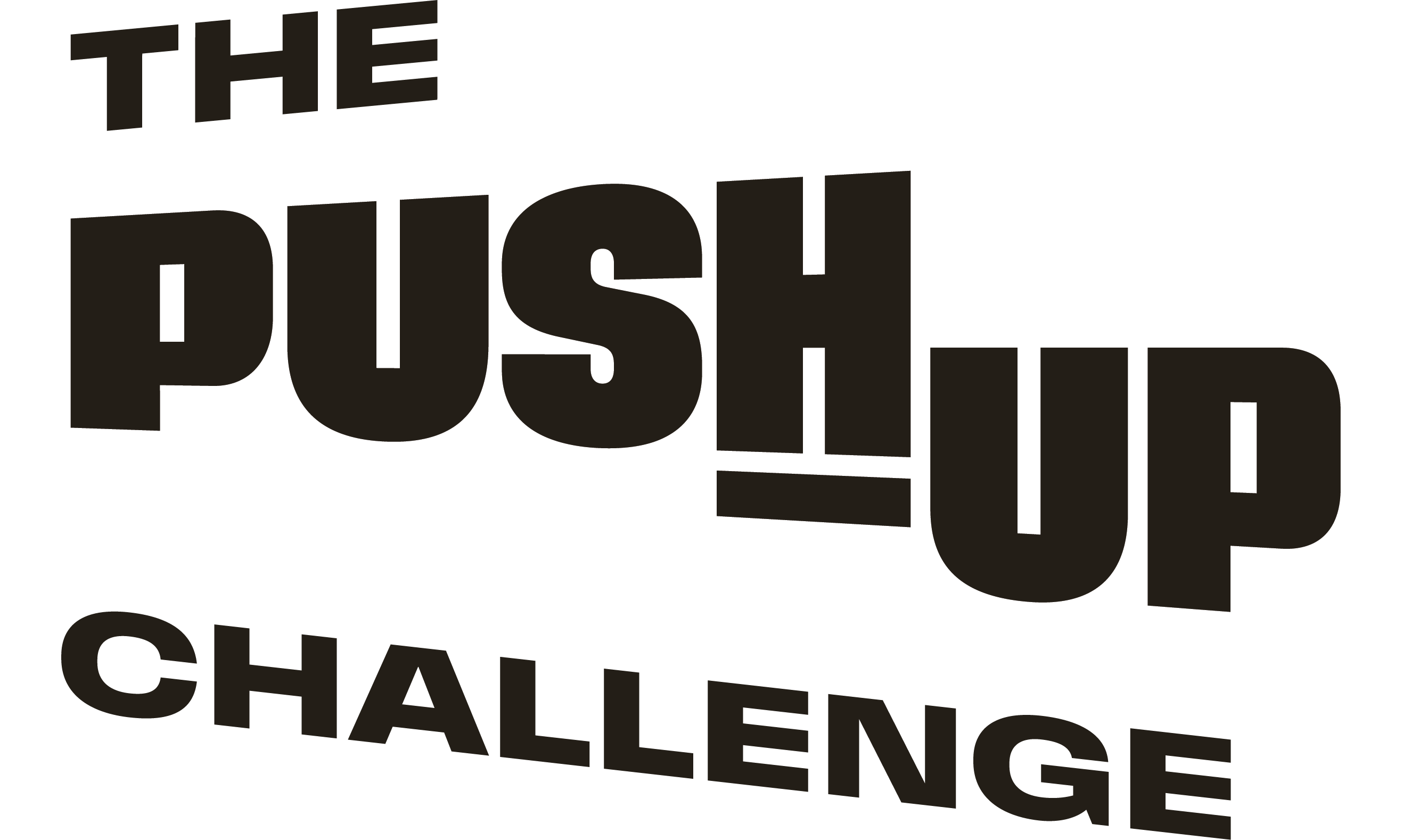
“This challenge felt like the right thing to lean into,” Leah shared. “It’s about mental health, and I have actually used push-ups to emotionally regulate quite often, so it felt like a full circle moment. I was also hoping to create a sense of community, especially at work, which is something I think we all need.”
Leah’s workplace team supported Lifeline and headspace, two mental health charities whose work resonates with her. “Both charities do incredible and important work for mental health,” she said.
Having faced her own mental health challenges, Leah’s passion for raising awareness runs deep. Diagnosed with Complex PTSD, Leah describes her experience of split personality as a response to childhood adversities. “For a long time, I kept it hidden and worked hard to function as ‘normal,’ and mostly I managed,” Leah explained. However, when the COVID pandemic hit and her routines collapsed, everything unravelled. She struggled with anxiety, depression, brain fog, and eventually, suicidal thoughts. “I felt like everything I used to find joy in had been stripped away. Slowly, I deteriorated until I felt like I was so broken I would never be fixed.”
“At my lowest, I lost all my energy and motivation. I couldn’t sleep, and I withdrew from the world. Even basic tasks felt overwhelming. My mind was noisy and chaotic, making it hard to focus or function. My brain kept presenting death as a “solution,” and I couldn’t stop it. The worst part was, I thought it was me thinking it, when in reality, it was just an intrusive thought.”
Seeking professional help was a turning point for Leah. “Therapy is now giving me the tools to understand and work through my experiences” she said. Medication also proved to be a game-changer, though it took trial and error to find the right fit. “I had been against medication since day one, but I can’t imagine not taking it now that my mind is so clear.”
Leah’s recovery has been about more than just professional help. She credits her love of learning for helping her shift her perspective. “Education about the mind and mental health was huge for me. It helped me get curious about myself instead of critical and judgmental. This shift made it easier to take things less personally and allowed me to love myself and my mind.”

Everyday tools like exercise, habit trackers, meditation, and journaling also played a significant role. “Every tick on the calendar counted. When I’ve had enough of trying, I listen to music. I’ve meditated a lot, and it’s true - the more you do it, the easier it gets and the better it works.”
Above all, Leah’s greatest breakthrough has been learning to embrace every part of herself. “Once I accepted that my mind was protecting me in the only way it knew how, I was able to work with myself instead of against myself.”
Leah believes strongly in the power of mental health support and the role charities like Lifeline and headspace play in filling the gaps where the system falls short. “Mental health support can be life-changing, but unfortunately, many people can’t access the help they need, whether it’s due to cost, wait times, or stigma. Every dollar raised helps ensure more people can get the support they need, when they need it.”
For Leah, The Push-Up Challenge represents hope, community, and the chance to push forward - literally and figuratively. “It’s such a fun and rewarding challenge. You don’t have to be super fit; it’s about participation, not perfection. You’ll push yourself physically, but more importantly, you’ll be part of something bigger: raising awareness and supporting a cause that affects so many people.”
Leah’s final message is one of hope and compassion: “Your mental health matters. You are not alone. If you’re struggling, please reach out - there is help, and there is hope. And remember, bad times always end - they’re just the moments between the good ones.”
Lifeline is available 24 hours a day to listen, without judgement. If you or someone you know needs crisis support, call Lifeline on 13 11 14, or text on 0477 13 11 14.
Read more stories of Aussies just like Leah who have been impacted by mental health challenges on our Stories page.




